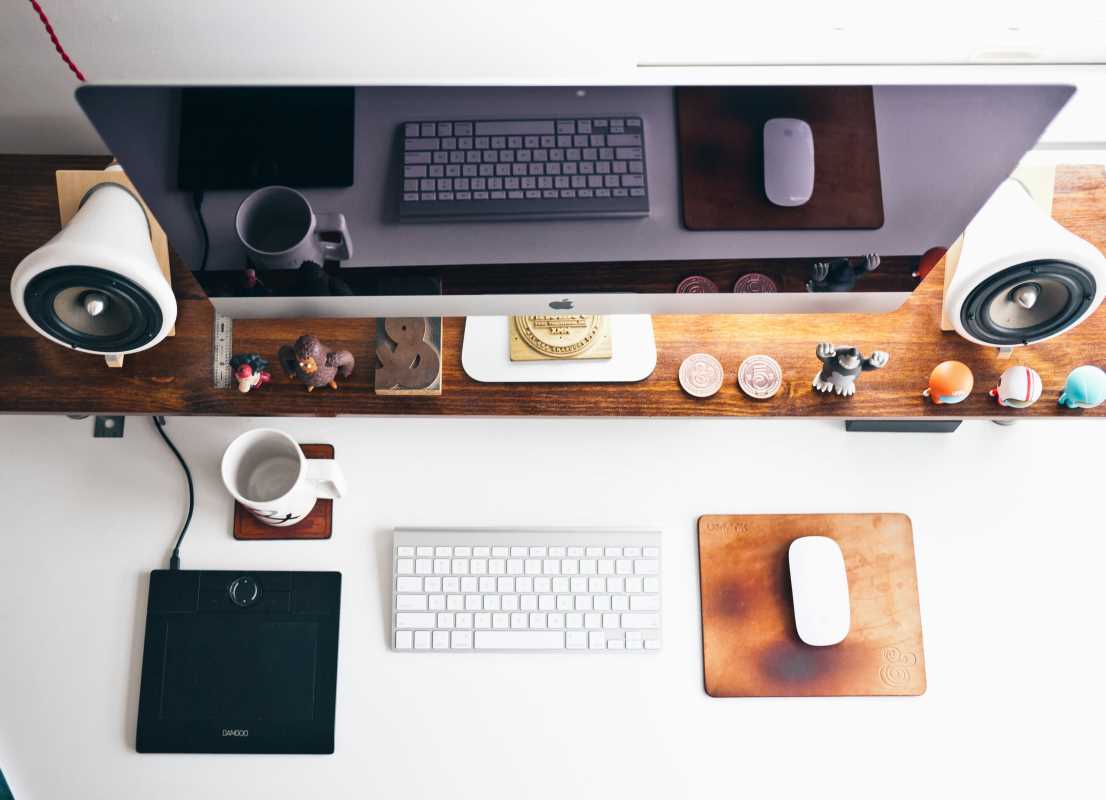Do you feel like money slips through your fingers too quickly? You're not alone, but there’s a simple way to take control of your finances. It’s called minimalist personal finance, and it’s all about focusing on what really matters. Instead of overcomplicating things, you simplify your spending, saving, and goals. This approach is designed to help you reduce stress and build a better relationship with money. By understanding your needs and cutting out extras, you make every dollar count. Whether you’re just starting a budget or figuring out how to save, minimalist personal finance can help you achieve financial freedom.
What is Minimalist Personal Finance?
Minimalist personal finance is the idea of keeping your financial life simple. It means spending money only on what you truly need or value and saying no to things that don’t add meaning to your life. Instead of trying to afford the latest smartphone every year, you stick with the one you already have as long as it works. It’s not about being cheap; it’s about being smart. The goal is to develop habits that help you spend wisely, save money, and reach your personal goals—without stress or unnecessary clutter.
This method ties into the bigger idea of minimalism, where “less is more.” Just like a clean, uncluttered room helps you feel calm, a clean and simple budget does the same for your financial life. When you’re not worried about unnecessary expenses, you can focus on achieving meaningful goals, like saving for a trip, buying a car, or building an emergency fund.
Why Does It Matter?
Many people spend their lives juggling bills and trying to keep up with others. They buy things they don’t need because they feel pressure to keep up appearances. This can lead to debt, stress, and feeling out of control. Minimalist personal finance helps you step out of this cycle and gives you a chance to live a life free of financial stress.
When you simplify your spending, you save money faster, spend less time worrying about making ends meet, and have more energy to focus on the things that make you happy. Over time, these small changes can make a big difference in your life.
How to Apply Minimalist Personal Finance
Minimalist personal finance doesn’t have to be complicated. By following a few simple steps, you can take control of your money and live life more intentionally. Here are some key areas to focus on:
Budgeting Made Simple
A budget is a plan for your money. It helps you see how much you earn, how much you spend, and how much you can save. You don’t need a fancy app or spreadsheet; a piece of paper works just as well. Start by listing your income—like money from your job—and then write down all your expenses.
Separate your expenses into two categories:
- Needs (like food, rent, or bills)
- Wants (like entertainment or clothes you don’t really need)
Cut back on the “wants” and prioritize your “needs.” Instead of going to the movies every weekend, you could watch free shows or rent a movie at home. This simple act of tracking and planning can help you make better decisions with your money.
The Power of Saving
Saving money doesn’t mean you can’t enjoy life. It just means you set some money aside for the future before spending it on fun stuff. A great rule is the “50/30/20” rule, where:
- 50% of your income goes to needs
- 30% goes to wants
- 20% goes to savings or paying off debt
If saving feels hard, start small. Save a dollar here and there by buying snacks at the grocery store in bulk rather than at a vending machine. Over a month, you’ll see how quickly small amounts add up. You can keep your savings in a separate account, so you’re not tempted to spend it.
Spend Wisely
Spending isn’t bad, but it’s important to be thoughtful about where your money goes. Before making a purchase, ask yourself:
- Do I really need this, or do I just want it?
- Will it bring value to my life?
- Could I wait a few days before deciding to buy it?
You might see a cool video game you want. Think about whether you already have games you haven’t played yet. Maybe the excitement of the new game wears off in a week. By waiting, you avoid buyer’s remorse and save money for something you’ll truly enjoy later.
Set Financial Goals
Goals give you a reason to save and spend smartly. Start small with goals that are easy to achieve. For example:
- Save $100 for a new backpack
- Pay off a credit card bill
- Build an emergency fund of $500 for unexpected expenses
Write your goals down and track your progress. Each time you achieve a goal, reward yourself (but keep it small, like a treat from the dollar store). Over time, you’ll develop good habits and feel motivated to tackle bigger financial goals, like saving for college or buying a car.
The Benefits of Minimalist Personal Finance
Minimalist personal finance has a lot of benefits. You’ll stress less about money and feel in control of your finances. You’ll also save more money for the future, which gives you financial stability and freedom. Plus, you’ll free up time and energy by avoiding complicated money strategies—instead, you’ll focus only on what matters most to you.
Over time, you’ll realize that less really is more. By cutting out what doesn’t bring value to your life—unnecessary expenses or purchases—you create room for things that do. You’ll feel lighter, happier, and ready to face the future with confidence.
 (Image via
(Image via





